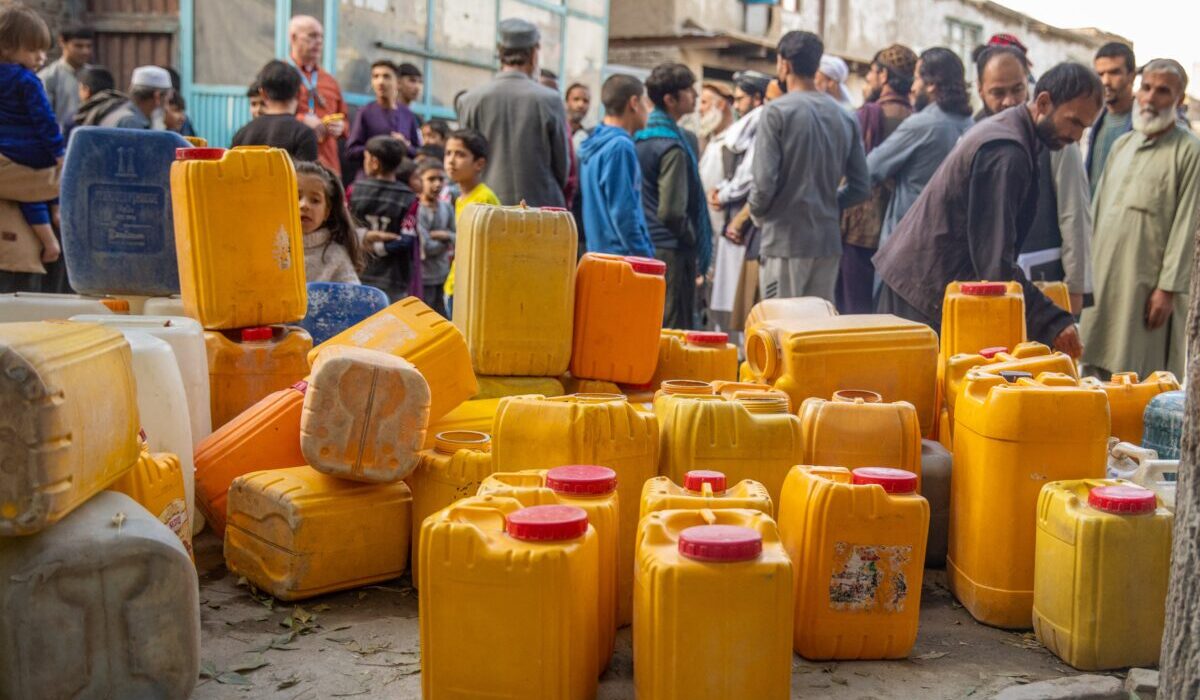KABUL, Afghanistan — The World Food Program (WFP) warned this week that Afghanistan’s declining groundwater levels are endangering the lives of its citizens, calling it a “bitter reality of the climate crisis” in the country.
In a post on X, the WFP highlighted the severe toll that Afghanistan’s worsening water scarcity is taking on communities nationwide.
The United Nations Children’s Fund (UNICEF) previously cautioned that Kabul’s groundwater supply could be completely depleted by 2030, citing rapid urbanization and climate change as primary factors. The agency emphasized that swift action is essential to prevent a full-blown crisis in the capital and surrounding areas.
A report from the United Nations Development Program (UNDP) released earlier this year also underscored the scale of Afghanistan’s water crisis, noting that around 79 percent of the population lacks adequate access to safe water.
The report pointed to severe drought, economic instability, and the long-term effects of conflict as significant factors that have weakened Afghanistan’s water infrastructure. Climate change and extreme weather events have further damaged critical water resources and infrastructure, exacerbating the already dire situation.




